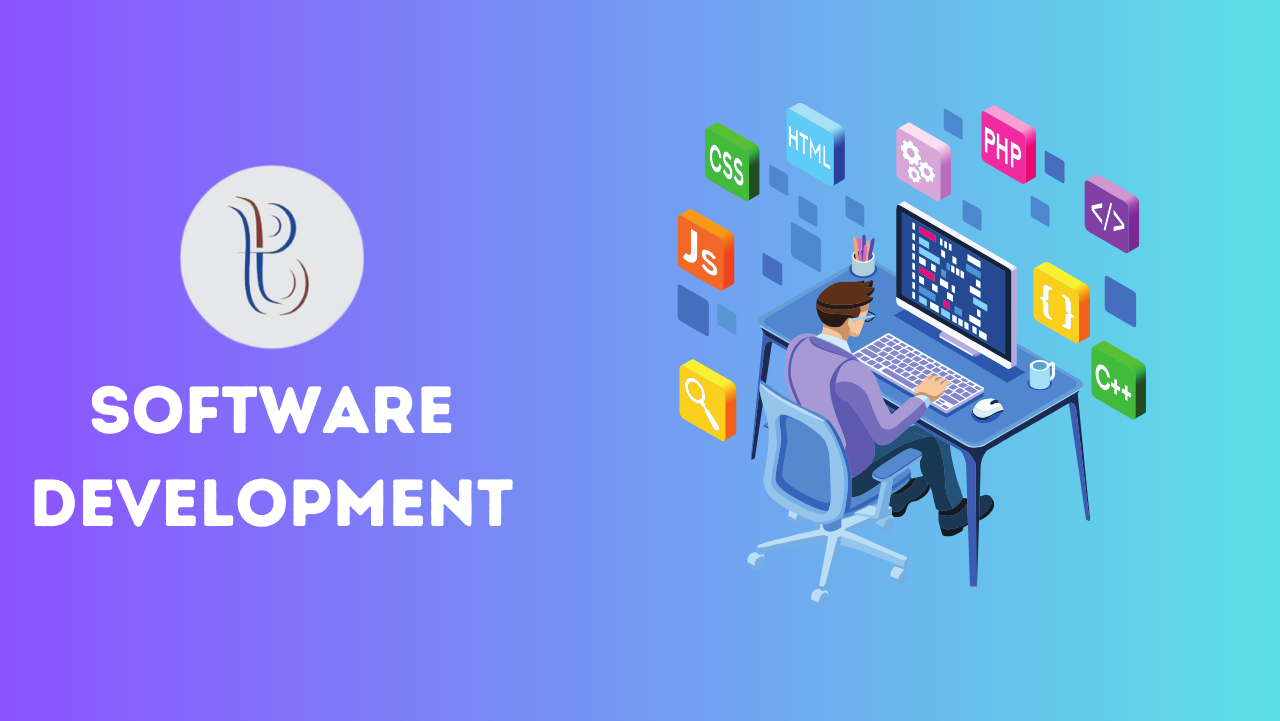
Digital marketing is an ever-evolving field, constantly adapting to new technologies, consumer behaviors, and market trends. As we step into the future, businesses must stay ahead by leveraging innovative strategies, tools, and data-driven insights to remain competitive. This blog explores the future of digital marketing, key trends shaping the industry, and how businesses can prepare for upcoming changes.
AI and ML are transforming software development by enabling smarter applications and automating repetitive tasks. Key applications include:
Cloud-native development is becoming the standard for building scalable and resilient applications. Key strategies include:
DevOps practices are essential for faster and more reliable software delivery. Key features include:
Low-code and no-code platforms are democratizing software development. Key benefits include:
With increasing cyber threats, cybersecurity is a top priority. Key measures include:
Edge computing is gaining traction for real-time data processing. Key features include:
API-first development ensures seamless integration and scalability. Key benefits include:
Quantum computing is poised to revolutionize software development. Key applications include:
Eco-friendly software development is gaining traction. Key strategies include:
AR and VR are transforming user experiences in software applications. Key trends include:
We value our clients' feedback and strive to provide the best services possible. Here are some of their testimonials.
Our experience with Izeon Innovative Pvt Ltd has been outstanding. Their services are top-notch and highly professional.

The team at Izeon Innovative Pvt Ltd is highly skilled and professional. Their services have greatly benefited our business.

We are extremely satisfied with the services provided by Izeon Innovative Pvt Ltd. Their expertise is unmatched.

The biggest trend is the integration of Artificial Intelligence (AI) and Machine Learning (ML) into software development processes, enabling smarter applications, automated testing, and predictive analytics.
Cloud-native development involves building applications specifically for cloud environments using technologies like containers (Docker), Kubernetes, and microservices. It is important because it ensures scalability, resilience, and faster deployment cycles.
DevOps bridges the gap between development and operations teams, enabling continuous integration and delivery (CI/CD), faster deployment, and improved collaboration. It ensures higher quality software and quicker time-to-market.
Yes, low-code and no-code platforms are revolutionizing software development by enabling faster application development and empowering non-developers to create functional applications. However, they complement traditional coding rather than replacing it entirely.
Developers can ensure cybersecurity by adopting secure coding practices, conducting regular vulnerability assessments, implementing DevSecOps, and complying with data protection regulations like GDPR and CCPA.
Edge computing involves processing data closer to the source (e.g., IoT devices) rather than in centralized cloud servers. It impacts software development by enabling real-time data processing, reducing latency, and improving performance for distributed applications.
Quantum computing will revolutionize software development by solving complex problems faster than classical computers, enhancing cryptography, and optimizing machine learning algorithms. However, it is still in its early stages of adoption.